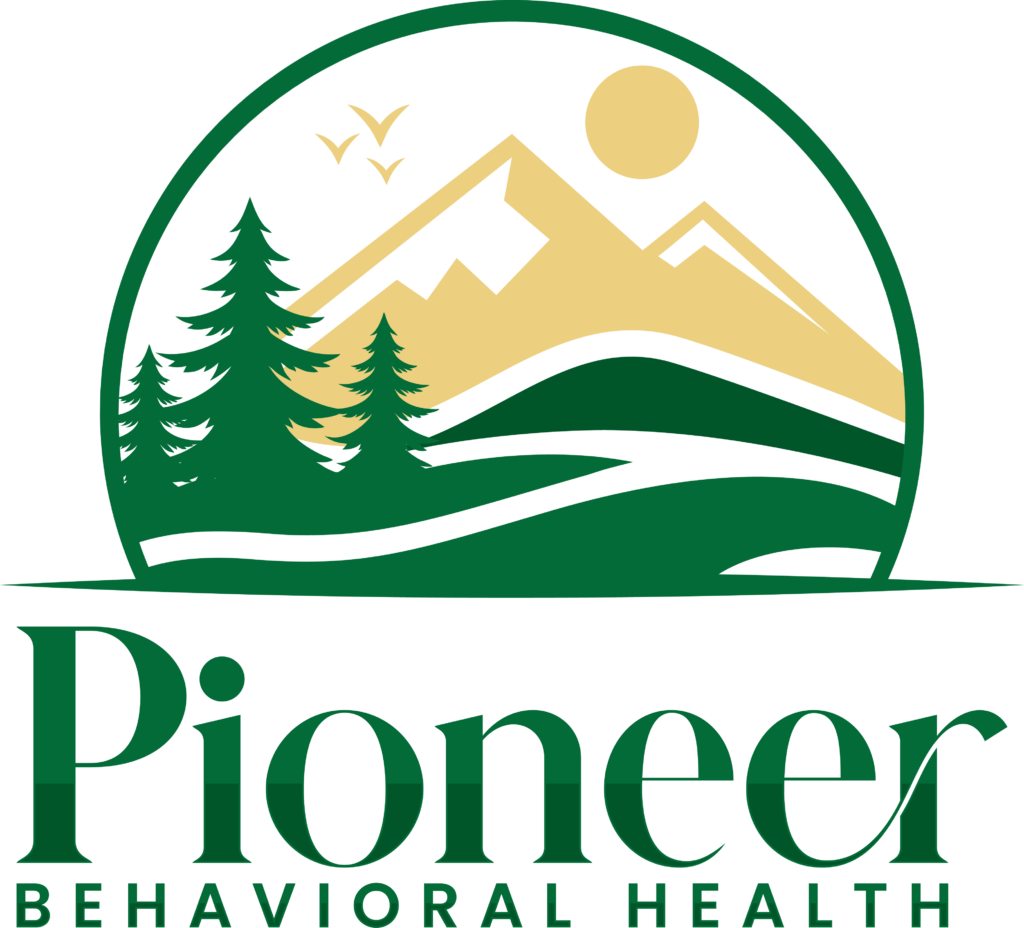Sleep is more than just a time for rest—it’s a cornerstone of mental health and overall well-being. Whether you’re recovering from a mental health challenge or striving to maintain emotional balance, quality sleep is essential. Let’s explore the powerful connection between sleep and mental health, and how improving your rest can aid in recovery.
The Link Between Sleep and Mental Health
Both of these are closely connected. Poor sleep can contribute to emotional instability, stress, and difficulty concentrating. At the same time, mental health conditions like anxiety and depression can disrupt sleep patterns, creating a vicious cycle.
Research shows that sleep disturbances are common among individuals with mental health conditions. According to the National Sleep Foundation, treating sleep issues can significantly improve mental health outcomes.
How Sleep Affects the Brain
Sleep is a critical period for your brain to recover and process emotions. During sleep:
- Memory Consolidation: Your brain processes and stores memories, helping you learn and adapt.
- Emotional Regulation: Restorative sleep helps regulate mood and stress.
- Cognitive Function: Sleep supports problem-solving, focus, and decision-making skills.
Disrupted sleep can impair these functions, making it harder to cope with life’s challenges.
Learn more about how sleep affects the brain from Harvard Medical School.
Mental Health Conditions Linked to Sleep Disorders
Certain mental health conditions are strongly linked to sleep problems:
- Anxiety Disorders: Worry and racing thoughts can lead to insomnia, and sleep deprivation can worsen anxiety symptoms.
- Depression: Sleep disturbances, such as insomnia or hypersomnia, are common in depression.
- Post-Traumatic Stress Disorder (PTSD): Nightmares and difficulty sleeping are key symptoms of PTSD.
Addressing sleep problems is often a vital component of treating these conditions. Visit the American Psychological Association for more insights on this connection.
Benefits of Quality Sleep for Recovery
Getting consistent, restorative sleep can:
- Reduce Stress: Sleep lowers cortisol levels, helping you feel calmer.
- Enhance Therapy Effectiveness: Sleep supports cognitive processes, making therapy sessions more impactful.
- Improve Mood: Quality sleep promotes a more positive outlook on life.
- Boost Energy: Better sleep gives you the stamina needed for daily activities and personal growth.
Tips for Better Sleep
Improving your sleep doesn’t have to be complicated. Start with these practical steps:
- Establish a Routine: Go to bed and wake up at the same time each day, even on weekends.
- Create a Sleep-Friendly Environment: Keep your bedroom cool, dark, and quiet.
- Limit Screen Time: Avoid electronic devices at least an hour before bedtime.
- Exercise Regularly: Physical activity promotes deeper sleep but avoid vigorous exercise close to bedtime.
- Practice Relaxation Techniques: Deep breathing, meditation, or reading can help you unwind.
For more sleep tips, check out this guide from the CDC.
When to Seek Professional Help
If sleep problems persist despite trying to improve your habits, it may be time to seek professional help. Sleep disorders such as insomnia or sleep apnea can require specialized treatment. Additionally, if mental health challenges like anxiety or depression are interfering with your sleep, addressing the root cause is crucial.
Visit The Sleep Foundation to learn about professional resources for sleep issues.
Conclusion: Prioritize Sleep for Mental Health Recovery
Sleep isn’t a luxury—it’s a necessity for recovery and well-being. By prioritizing restorative rest, you can strengthen your emotional resilience, enhance the effectiveness of treatment, and improve your quality of life.
If sleep difficulties are affecting your mental health, Pioneer Behavioral Health is here to help. Our team provides comprehensive support to address both sleep and mental health challenges. Contact Pioneer Behavioral Health today to take the first step toward better rest and recovery.


